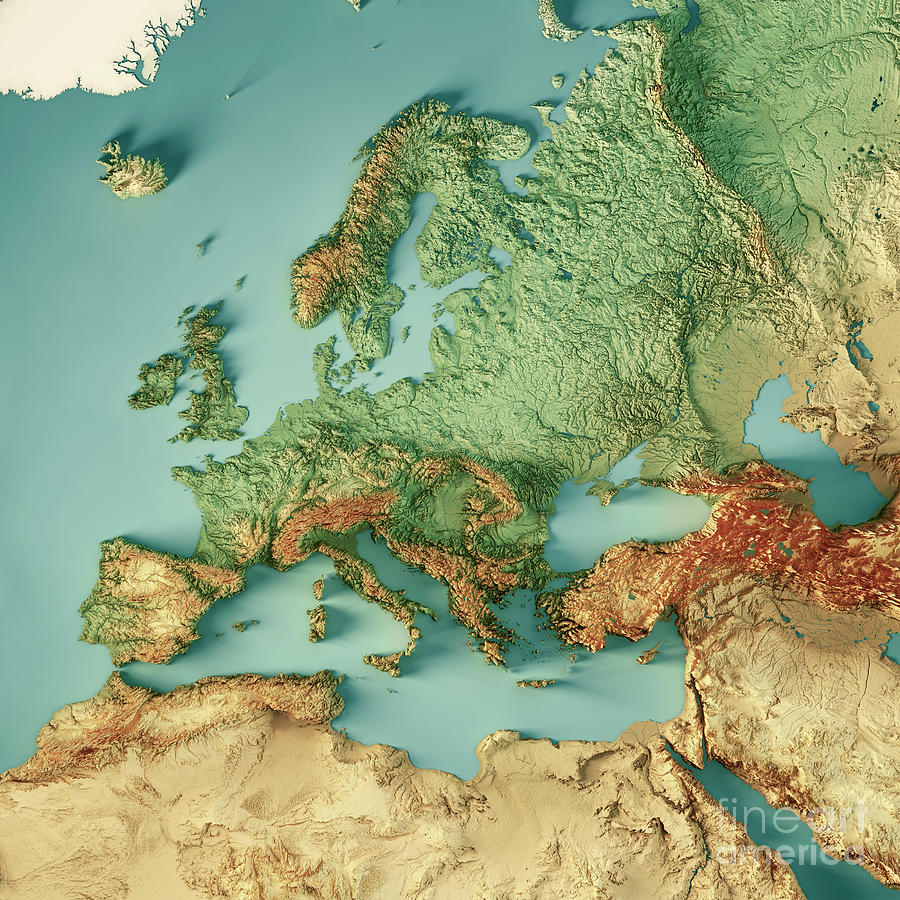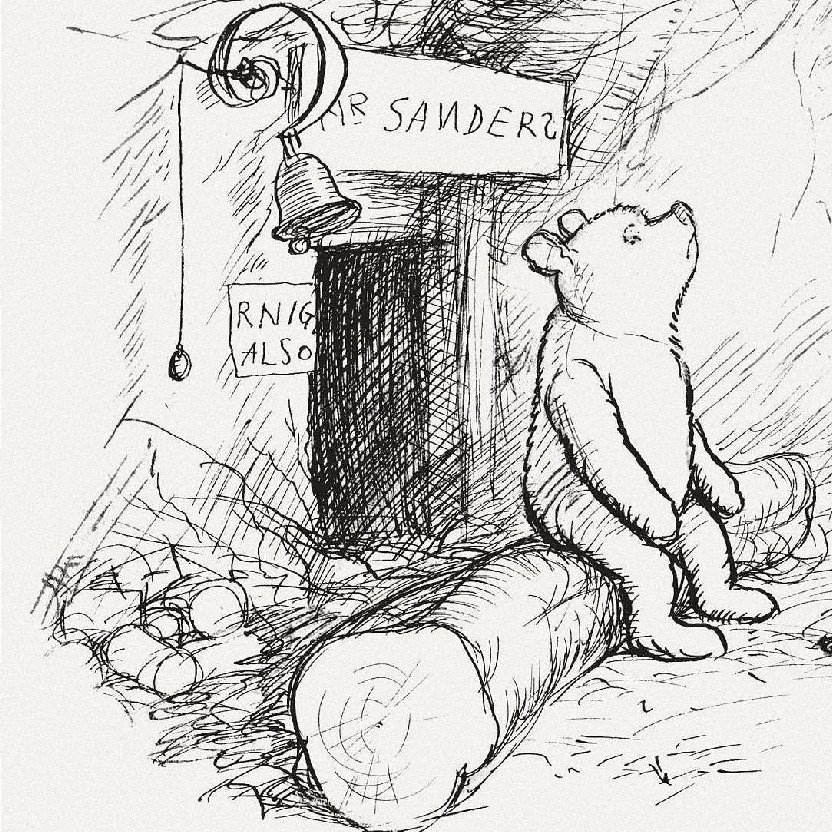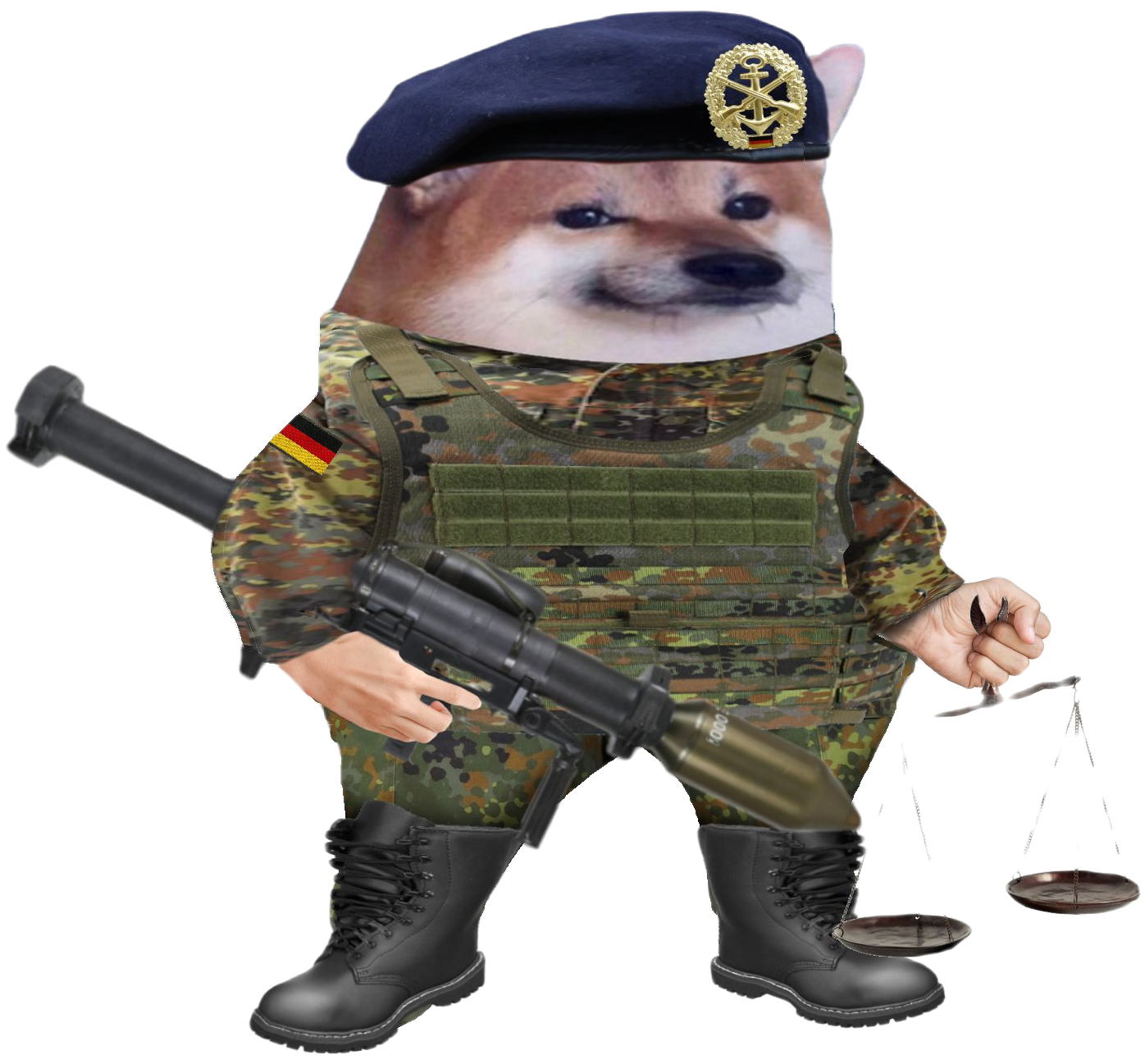For anyone wondering, Deutschland, Duitsland and Tyskland all have the same latin root “theodiscus” that became “deutsch”. “Allemagne” derives from a germanic tribe, the “Alemanni” who lived in modern day Germany and bordered modern day france. Niemcy and Nemetorszag both stem from old slavic “nem” (or something similar) meaning “mute”. They called the Germanic tribes they interacted with mute because they couldn’t understand them. “Saksa” is derived from the German region “Saxony”.
Please correct me in case i got something wrong.
The Latin root theodiscus is actually just the latinised form of the Old High German thiutisk from Indo-European teuta and means “people”. Similarly, Alemanni means “all men”. The Saxons were named after their typical sword or fighting knive, the Seax or Sax. It’s still discussed where the term “German” originates from.
The Saxons were named after their typical sword or fighting knive, the Seax or Sax.
There’s also a possibility the name is related to “settling”, and the knife then probably named after the tribe.
That’s a common misconception, they are actually named after the famous jazz instrument the saxophone.
Wow, language truly is amazing
I thought German means spearman. Because some tribes fighted with the „Ger“, a spear or some special spear(?). Or is this only a theory?
Lots of things are possible, fewer are likely, even fewer attested, even fewer attested without doubt.
Though it’d have a special irony to it: Some Roman asking a bunch of probably Austro-Bavarian or Alemanic warriors “who are you” and getting the answer “Germannen” – “spear men”. Were Italy an Island they would’ve said “sailors”.
Probably more likely than Romans observing those tribes, noting more or less bog-standard javelins, not exactly a rare or particularly notable technology, and saying “hey let’s ask them what they call javelins and add a -man after that for no apparent reason”. Even if they specialised their tactics etc. around those spears would you call Greeks “Phalanx people”?
According to German Wikipedia, this theory, Germans are men with a Ger, is longer up to date.
Hah, man lernt nie aus!
For good measure, in Arabic, Niemcy (actually “Namsa”) is what we call Austria. Germany is “Almania”, same as in French.
Of course, we have as many curveballs as you could want for European place names. Like Venice. Somehow we ended up with “Al Bunduqiya” for Venice. Have fun with that one.
Just to add one more sidenote: France is of course named after the Franks, a German people who lived next door to the Alemanni and the Saxons.
Still do, Franken is on the one hand a part of Bavaria very insistent on not actually being Bavarian (and they’re right), OTOH a dialect continuum reaching over the Ruhr area up to Flanders and Holland.
Charlemagne was a prince of Austrasia, just another guy in a long dynasty of conquerors but notably the one to conquer Rome (and conversion-by-genocide of the Saxons). Also a lot more Gauls back in the day in France before they went all national state and suppressed minority languages in favour of sounding more Roman.
Any idea about how English came to call it Germany?
Latin, Germania
Okay then, where’d Rome come up with it? Oh, “the land of the Germani,” but scholars are divided on the origin of Germani. Possibly from Celt gair, “neighbor.” Or maybe from a few other sources.
The word germ also comes from Latin, “sprout” but I’m not seeing anything like “people who sprout” or “from the land of sprouting seeds” or anything else to connect them at all. It’s more like ger+man.
deleted by creator
Niemcy and Nemetorszag both stem from old slavic “nem” (or something similar) meaning “mute”.
More precisely, the first one is from Proto-Slavic root *něm- (“mute”) and suffix *-ьcь (“person with that characteristic”); ě was not quite the same sound as e, so linguists mark it with the haček, just as it is marked in Czech to this day. In modern languages the nationality is called: Ru. nemec, Pol. Niemiec, Cro. Nijemac… But the country itself is called Ru. Germanija (from Latin), Pol. Niemcy (literally plural “Germans”), Cro. Njemačka (actually a feminine adjective, taken from the syntagm “Njemačka zemlja” = “German land”).
The Hungarian name is a combination of the Slavic loaned *němьcь > “német” (“German”) and “ország” (“land”): Németország.
I’m guessing saksa is more like the others and based on the Saxon people that once lived there rather than the modern region named for the same
They‘re still living there.
i didn’t mean to imply they weren’t, just that the name was derived from the people not the region.
And I made a silly joke. 🙂
deleted by creator
I mean, the anglo-saxons settled (or pillaged and moved in) England
the “Alemanni” who lived in modern day Germany and bordered modern day france.
Alemans still live in Baden-Württemberg, parts of Bavaria, Switzerland and I think there’s also a splattering in Austria. Basically, High Germans which aren’t Austro-Bavarian (same culture, different kingdoms) are Alemans.
“Saksa” is derived from the German region “Saxony”.
That one can be a bit misleading: The modern state of Saxony has nothing to do with the Saxon tribe, the place the title was applied to slowly drifted over the ages. They’re much more related to Prussians and Thuringians and even Franks, going all the way over to Flanders and Holland, than Saxons proper. (Holland, not Netherlands).
Here’s a rough splotch of where Old Saxon was spoken, which you can consider “core Saxony”. At least linguistics-wise it spread quite a bit especially during the days of the Hanse (becoming a minority language as far up as Estonia), but it definitely stops before arriving at a place where “goose meat” means “could you please”. Utter gibberish.
The original saxons lived more or less in the area of modern day lower saxony, that is north west germany.
Stupid sexy Flanders
thiutisk/ theodisk is from a Germanic/ old high German root meaning “belonging to the people”
As is the root of most self descriptions, the name of a group for themselves means “we” or “the people” or “humans”.
This is why I think Turkey’s insistence it be called “Türkiye” in English is dumb. English doesn’t use umlauts, most English speakers can’t even pronounce “ü” properly. English doesn’t use “iye” sounds. They should be happy that the country is more-or-less pronounced the way it sounds in Turkish.
I mean, look at some of Turkey’s neighbours. Georgia, pronounced “sakartvelo” by the locals. Armenia, called “Hayastan” by the people who live there. Greece, called “Elláda” by people who speak Greek (sorry, speak “elliniká”).
People aren’t speaking your language when they’re talking about your country, they’re speaking their own language, and “Turkey” is about as close as English gets to “Türkiye”
Because it’s solely an “issue” that exists to stoke nationalistic thought in the populace. It’s propaganda
Honestly Sakartvelo sounds so much better than Georgia, everyone should be using that instead. Others are equal in my opinion but Sakartvelo is just great.
They probably just want people to stop confusing their country for a bird.
We need to start calling the bird türkiye
The bird got its name from the Turks. If they keep bitching ill start calling them foot rests.
Careful, don’t wand JD Vance developing an ethnic fetish
Wouldnt be the first time a fascist weakling had a fetish for certain minorities. Looking at the Neo-Nazis who like east asians for some fucken reason.
Oh, you mean the “From India”?
Yes, it’s ridiculous. Different countries have different languages, including the words for other countries. Turkish for England is İngiltere, that’s not a problem.
The exonym doesnt have to be identical to the endonym. Some countries try to align the terms, most countries dont care.
I think the main reason Greece hasnt tried to change its exonym is because Hellas is similar to hell. Still, Norway calls Greece Hellas, mostly in order to show how different they are from Sweden. (H)Ellas is so much better sounding, more airy and refined to my Greek ears. Greece sounds too rough and barbaric.
You could drop the H(it is just there for accent/spirit), using just Ellas and/or use the longer Ellada variant but ultimately Greece doesnt care.
Turkey are just assholes so they decided to use a name that most people cant type. They could have chosen Turkia(which is basically the same thing), kinda like the Czech Republic chose to be Czechia but Turkey is not a normal country.
Nobody could possibly argue with a straight face that Cstzeczchia is a reasonable International English name for a country.
To me, “Hellenic Republic” and “Helliniki Dimokratia” sound pretty great, and don’t really sound like “hell”. But, I can see it for Hellas / Hellada.
On the other hand, an exonym that’s a variant of one used for the country thousands of years ago is also really cool. Even though there are a lot of places that have been inhabited for thousands of years, not many of them can point to a continuity like that, going by the same name for that long.
I also agree, Turkia would have been a decent compromise name. But, I’m just going to keep using Turkey.
English doesn’t use umlauts,
Oyē, cünt. Yèr âbùt tû.
No one ever demands all languages should use the English word for an English speaking country. It’s really stupid.
Like if your country was “Everyonehereisacunt” and that country wanted a different name, fine but if it’s just sounds like surely people have the right to use their own language.
Nice choice, using the Canadian name for Australia in your example.
Germany: “Fine, fine, we’re Germany to you. You could have called us Dutchland instead of using that for people from the Netherlands, but whatever.”
USA: pointing to people who settled Pennsylvania from Germany “Pennsylvania Dutch!”
Germany: ಠ_ಠ
Could be worse, I know that some Germans who settled in the US got the name Black Germs cause they were from the black forest.
Also the Dutch angle in cinema, named after the expressionist German film of the early 20th cinema (think Nosferatu)
Shouldnt have called yourself a „Holy Roman Empire” if you didn’t want us to get confused.
You mean the heiliges römisches Reich deutscher Nation?
deleted by creator
That is false. It was called the “Holy Roman Empire” from the 13th century until 1512. The name was changed in 1512 to “Holy Roman Empire of the German Nation”. But even in many official texts after 1512 they still left out the latter part.
https://en.wikipedia.org/wiki/Holy_Roman_Empire#Name_and_general_perception
deleted by creator
There are earlier instances in which rulers of the HRE would refer to themselves as “Holy Roman Emperor and king of the Germans” as separate titles (usually along with a whole bunch more, as was the way of powerful feudal rulers). When they did this usually depended on who the intended audience was. Speaking to the king of France and don’t much like him? Assert your position as heir to the Roman Empire and therefore above him. Trying to get on good terms with the Byzantine emperor, who considers your claim to the Roman Empire to be a usurpation of his own title? Probably call yourself king of the Germans.
These actually were two different titles. The king of the Germans was elected from the twelve Prince-electors (Kurfürsten). After Otto the Great, it became tradition that the current King of the Germans became crowned by the bishop of Rome aka. the pope, as Roman Emperor. However, at least in the beginning this was no automatism. Thus, not all German kings became Roman Emperor.
as was the way of powerful feudal rulers

‘Tyskland’ in Danish, not ‘Tyksland’.
‘Tyksland’ would mean ‘Thickland’ or ‘Fatland’
Tyksland it is! Thank you, @cholesterol.
If there’s an expert on Thickland or Fatland, it has to be @cholesterol.
So it’s Tyskland most of the time, and during the reign of Charles III it can be Tyksland
Can we also talk about “Dutch”?
English-speakers used to use it to mean all non-Scandinavian Germanic peoples. When the Netherlanders became a distinctly separate group Britain had way more contact with them than with anyone else that the word used to cover, so we used it to refer to them specifically
interesting! thank you for the explanation :)
If I remember correctly, this is also one of the leading explanations why the Pennsylvania Dutch are called like that even though they speak German (or a German dialect).
Germans in America were a massively more influential subculture before WWI. Notably: not because of WWI. The heart of German-American culture was in New York City, where all the richest families took a boat for a holiday cruise, and one year it sank.
https://en.wikipedia.org/wiki/PS_General_Slocum#1904_disaster
TIL that “dutch” and “deutsch” comes from the same root!
Yeah, it’s always so confusing
Nobody talks about the Dutch :(
That’s nobodie’s business but the
TurksDanishNetherlands
I personally find it worse, if city names are very different. Like Krung Thep Maha Nakhon (…) as Bangkok. Most Thai people just say Krung Thep, why can’t the rest of the world? I mean, they only changed the name in 1782…
Or Italians call Munich ‘Monaco’ which is really confusing because there is literally a country not that far away.
Or English speakers calling München Munich.
But you must admit, that for English speaker not only the Ü , but also the CH are really big challenges. I feel like they done their best with Munich here.
But anyways, I would be in favor of changing it for the original upper bavarian “MINGA”
The first record mentioning Munic says that it’s called “forum apud Munichen” (1158). So “Munich” is just a case where an old world survived the centuries in exile, while the people living nearby changed it around.
Both have the same ‚distance‘ to Munichen albeit changing differently. The English pronunciation is an abomination though. Moon-Jen would be preferable from my POV.
The closest you can comfortably pronounce it in English would be something like Moonkin, so Munich is probably for the best.
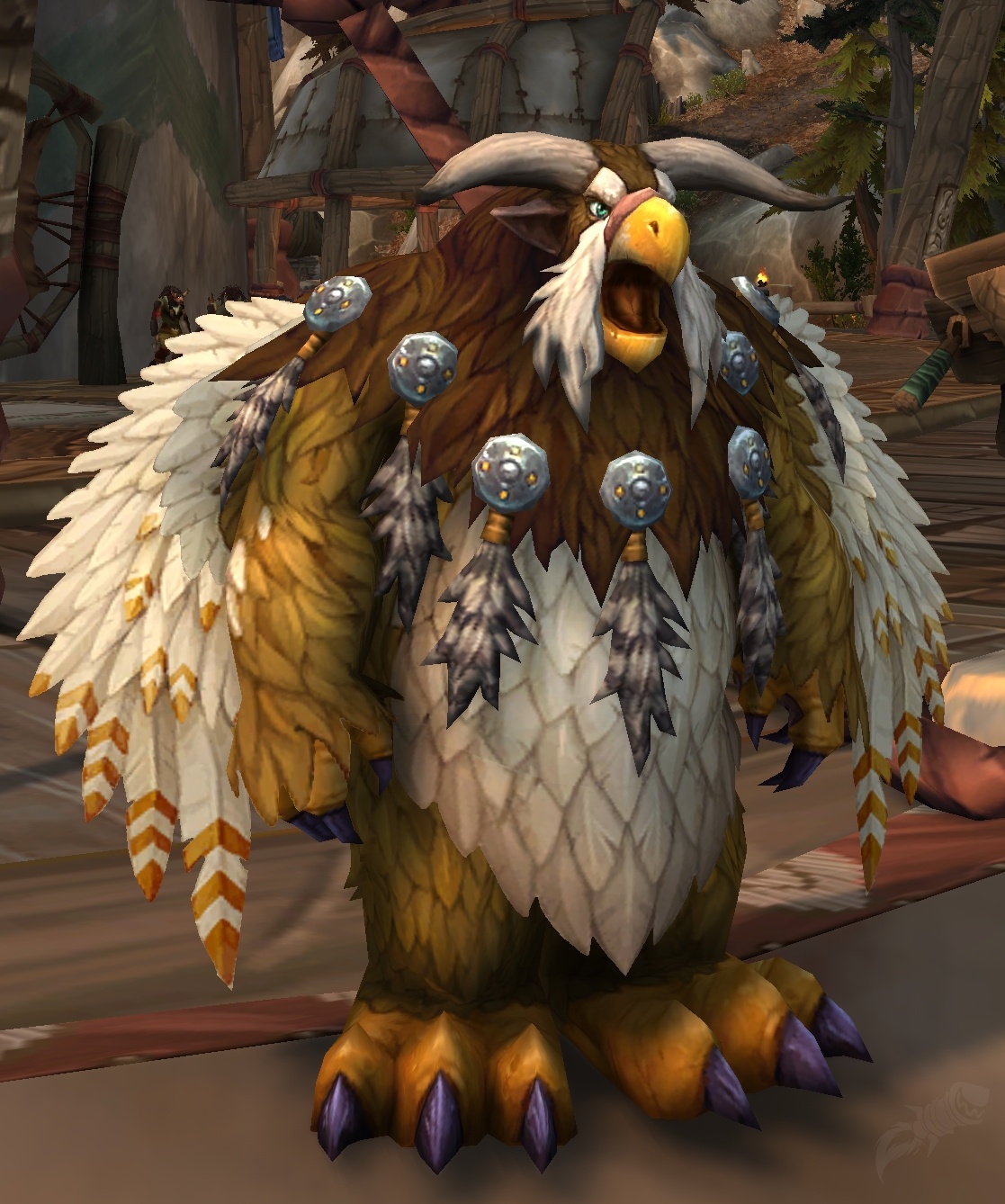
Boomken
deleted by creator
There’s a few in that region.
Aix-la-Chapelle -> Aachen Liège -> Luik -> Lüttich Gand -> Ghent or Gent?
Italians call Munich ‘Monaco’
They do what ?
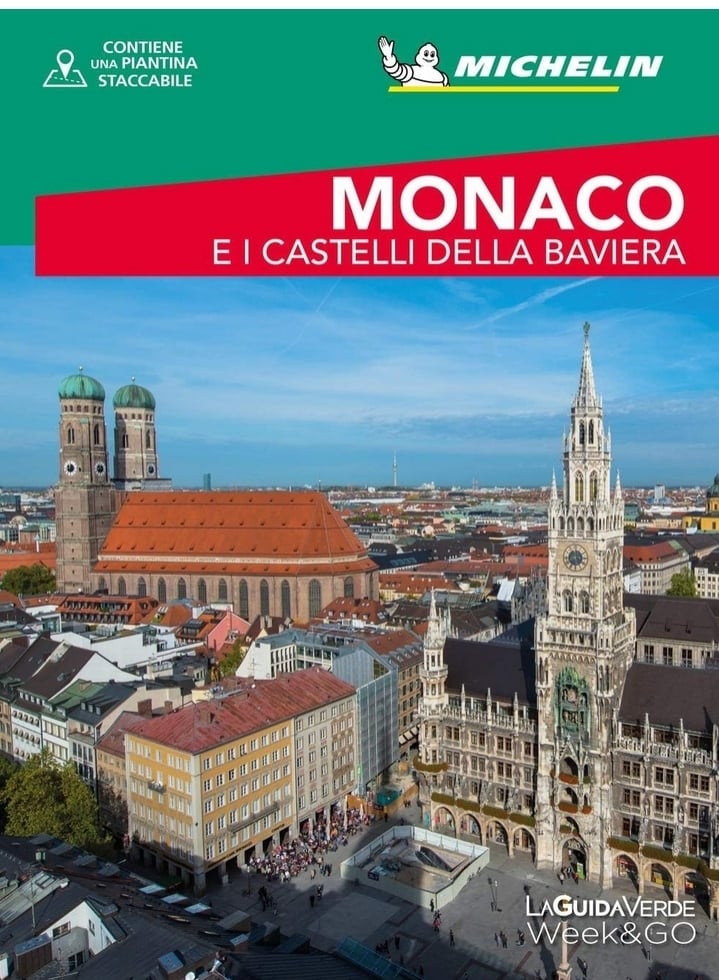
Italian travel guide: “Monaco e i Castelli della Baviera/ Munich and the Bavarian Castles”
Well, I guest there is not so many Bavarian Castles in the country of Monaco.
Deutschland is a fairly new word. Before that there were a multitude of germanic tribes and those have made their way into the language of our neighbours as the name of the country
Germanen, Allemannen, Sachsen to name a few.
Deutsch, Tysk, Tedesco… come from the Latin “theudo” - “das Volk/the people”
Also why the Nederlanders are called Dutch by English speakers. Since the Dutch descent from a bunch of Germanic tribes.
Dutch has the same word origin as Deutsch. Obviously. The Latin “theudo” - “the people”.
Back in the days, when the whole region belonged to the Holy Roman Empire and were not seperate countries yet, “dutch” refered to Nederlanders and germans both. The fact that they decent from germanic tribes is the reason the word “dutch” makes sense actually.
I find it way more weird that they call Deutsche germans now. Keeping the word dutch for germans would make much more sense in my opinion.
Das heilige römische Reich deutscher Nation has entered the chat.
Gesundheit
Prost!
So, anyone wanna revive one of the polandball communities or open a new one?
I posted a few European Polandball comics here, I think it fits the mood
Polandball on a world scale might need some heavy moderation due to potential political debates
The funny thing is that most languages in the world call Finland Finland or something adjacent (usually containing the syllable ‘Fin-’), while it’s ‘Suomi’ in Finnish. Only the Baltic states call it something similar to that.
France puts a lot of effort into evolving the language very specifically to avoid loanwords and the perceived dilution of the language they might create. They have an entire government cultural body responsible for this.
Goes all the way back to at least Proto-Germanic *finnaz for Sami, possibly from “to travel by foot, walk”. Not terribly unrealistic given the semi-nomadic lifestyle of Sami, Sami and Suomi might just be the same word via general Uralic relatedness (and sound the same to Germanic ears anyway) also what’s now considered Finns was back then a rough assemblage of tribes consisting of multiple Uralic immigration waves known to Swedes as “Forest Finns”, as supposed to the herding Finns (ie. nowadays Sami) further north.
Which I guess makes Estonians Swamp Finns (in so far as Finland-Finns aren’t claiming that one for themselves with their swamp forests) and Hungarians… Paprika Finns.
Same with Hungary and Greece
Referring to magyarorszag and hellas, I assume?
IIRC a lot (all?) of these come from the names of specific Germanic tribes that these languages had contact with back before Germany existed as a unified entity, which then metathesized into a demonym for the entire cultural group and then the nation state. “Saksa”, for example, is a doublet of “Saxon”.
Saksa, when the Wall fell.
Deutschland on the ocean
So which country is known by the same name to the most number of other countries?
Japan is Japan everywhere except Japan.
Everyone uses the name that China used. I guess that’s the benefit and downside of only having one neighbor.
This caused me to think about upside versus downside and benefit versus some word that isn’t anti-benefit, unbenefit, abenefit, ilbenefit, irbenefit, imbenefit, inbenefit, debenefit, disbenefit. There is no etymological related antonym to benefit.
malefit?
I like the way you think
Yeah but Nippon is reaaally close to the word.
The only exception I could find is that Japan is ‘Japon’ in Bambara.
Canada.
Quit making countries up.
Kanada
suggestions off the top of my head are countries with or near significant colonial influences, eg madagascar and indonesia seem to be pretty similar across the board
although far from comprehensive such is the case of languages listed on wiktionarys translations dropdown on the english entries of the countries at least
the only notable exception i spotted is the navajo name for indonesia apparently being “Kéyah Dah Ndaaʼeełí Łání” which is quite interesting and i dont really have an explanation for that discrepancy (perhaps its pronounced similarly and orthography just isnt idunno) but navajo isnt a national language anywhere anyways so it doesnt really matter for the original question
Without thinking much about it, my guess would be the United States of America.
Edit: my reasoning was that most countries translate USA verbatim to their language, as most replies here demonstrate.
Do you mean Amerika Birleşik Devletleri? Los Estados Unidos? Les États-Unis d’Amérique ?
Translation, in order: The United States of America, The United States of America and The United States of America.
That’s how languages work, yes. They have different words for the same thing. How is that different from OP content?
Remember the meme? Deutschland, Duitsland, Tyskland are all regional variations on the same name. Allemagne and Germany are completely different names for the same country. Of course every language have their own way of saying “The United States of America”, but in essence it’s the same word, the same idea. Even Japan is Japón in Spanish, Ιαπωνία in greek, and so on. No one can pronounce my name correctly if I go abroad, but most of the time there is a regional variant I can use.
The question was what country is known “by the same name” by the most people around the world. You’re not going to find a place name that is pronounced and/or written exactly the same in every language. That’s how languages work.
Actually calling Germany Allemagne would be like calling the US Texas or France Bretagne.
Or the Netherlands Holland? Yeah, that happens.
You mean: die Vereinigten Staaten von Amerika? VSA VSA
Out Usono if we’re speaking Esperanto.
Ah the Yhdysvallat.
Finnish doesn’t count, having completely unrelated names for everything is like a sport to you people
It’s not even unrelated, it’s a literal translation of “United States” to Finnish
Similarly in Estonian sometimes we’d just call it Ühendriigid instead of Ameerika Ühendriigid
You mean מְאַהֵב זָקֵן?
美国
Yeah, I’m not sure what we did to earn the name. Beautiful land but we’ll take it
It’s a loose transliteration, same as 英国,法国,德国,etc.
I never really felt it was a good one as it’s really far off compared to the others
Los Estados Unidos de América
On second thought maybe as, “Those fucking Yankees”?
Amerikas Forenede Stater?
But yeah, it’s too long, we usually call it USA. Although we pronounce the letters in the local way.
Lithuania: Vokietija
So that’s where all these god damn Voke people come from
Unironically I have seen some strange lemmy users be from germany.
saksa comes from saxony, which was historically a major power in the region. (My knowledge comes from CK2)
Same for allemagne
Bring back the Charlemagnes. The continent hasn’t been the same since.

